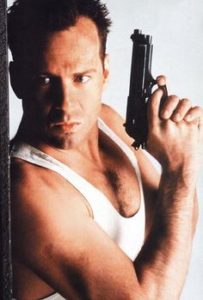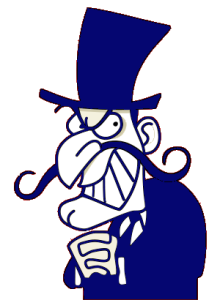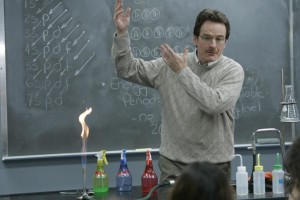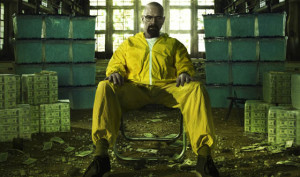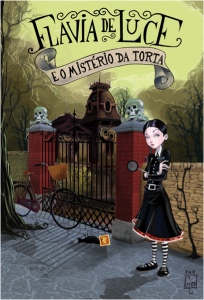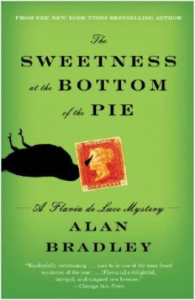 *Warning: Spoilers in the form of 2 pictures, but that’s all*
*Warning: Spoilers in the form of 2 pictures, but that’s all*
They say that great art invokes emotion. If that’s the case then Captain America: Civil War must qualify. It invoked emotion for me, much more impactful than entertainment awe.
First, I have an admission. I’ve noticed that many of our blogs this month are focused on Fictorians’ favorite movies or TV shows. As much as I love Marvel and Captain America, that’s not why I chose it. It sounds a bit shallow, but it may or may not be true that I just wanted an excuse to see the film as soon as it came out and knew that even if taking the whole family wasn’t in the budget, my having to write a post would give me “permission” to go see it anyway. We did take the whole family and at the end of the movie, the emotions and viewpoints leaked into our little family to create another civil war.
One of the great aspects of fantasy and science fiction that I love is the ability to present real world problems and perspectives in less threatening ways. By using a fantastical backdrop and alien characters, we get our audience–whether readers or viewers–to let down their guard. There’s a reason that religion and politics are often a taboo subject in our society. People tend to have very set views in those areas and arguments can heat quickly.
Whether we realized it or not, I believe that Civil War took down mental walls and then slammed us with a very real-world question, one that is both philosophical and political: Is it better to have more oversight in an effort to protect or have less in order to safeguard personal autonomy? How much do we want our police policed and how much do they need freedom to make split-second decisions? It’s a question that comes up in stories of every kind, from traditional westerns to post-apocalypse young adult novels. But I think it’s rare for both sides to be so well balanced. Civil War did a great job representing both sides. Which is what led to the Black family civil war of May 5th, 2016.
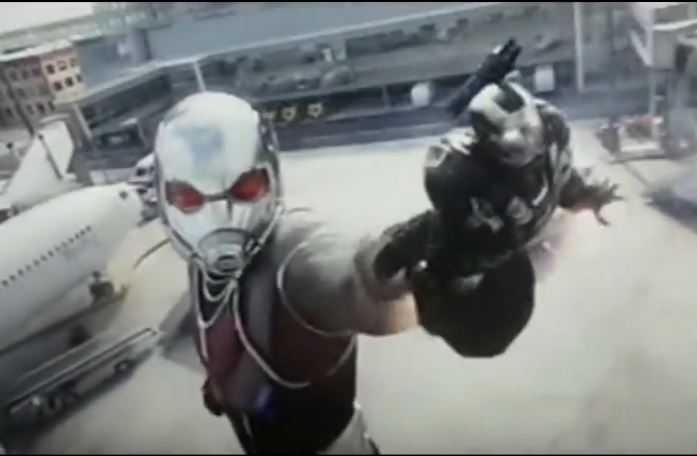 After the movie, we started talking about the parts we liked most; my teenage girls really enjoyed Captain America holding Bucky’s helicopter so he couldn’t take off and my tween son thought Ant-man going giant was pretty awesome. But then my college-daughter expressed how Iron Man had the right of it. Captain America should have just signed the accords. I disagreed. They were too stringent and would get the Avengers caught up in too much red tape. We argued all the way home and it only escalated. Ridiculous, right? And yet, this movie evoked thought, emotion, and real-world comparisons. Which is one of the reasons that I will call Civil War great art.
After the movie, we started talking about the parts we liked most; my teenage girls really enjoyed Captain America holding Bucky’s helicopter so he couldn’t take off and my tween son thought Ant-man going giant was pretty awesome. But then my college-daughter expressed how Iron Man had the right of it. Captain America should have just signed the accords. I disagreed. They were too stringent and would get the Avengers caught up in too much red tape. We argued all the way home and it only escalated. Ridiculous, right? And yet, this movie evoked thought, emotion, and real-world comparisons. Which is one of the reasons that I will call Civil War great art.
I think we, as writers, can follow Civil War‘s example. In our own stories, do we evoke emotion from our readers? Does each character’s perspective ring true? Do we present each character’s beliefs like a good lawyer in a courtroom, giving the best representation that we possibly can whether we agree with it or not? As we strive for that level of authenticity, rather than push our own agenda, I think our art can help the world come closer to understanding one another…even if we must wade through difficult disagreements.
 Colette Black lives in the far outskirts of Phoenix, Arizona with her family, 2 dogs, a mischievous cat and the occasional unwanted scorpion. She loves learning new things, vacations, and the color purple. She writes New Adult and Young Adult sci-fi and fantasy novels with kick-butt characters, lots of action, and always a touch of romance. Find her at www.coletteblack.net
Colette Black lives in the far outskirts of Phoenix, Arizona with her family, 2 dogs, a mischievous cat and the occasional unwanted scorpion. She loves learning new things, vacations, and the color purple. She writes New Adult and Young Adult sci-fi and fantasy novels with kick-butt characters, lots of action, and always a touch of romance. Find her at www.coletteblack.net

